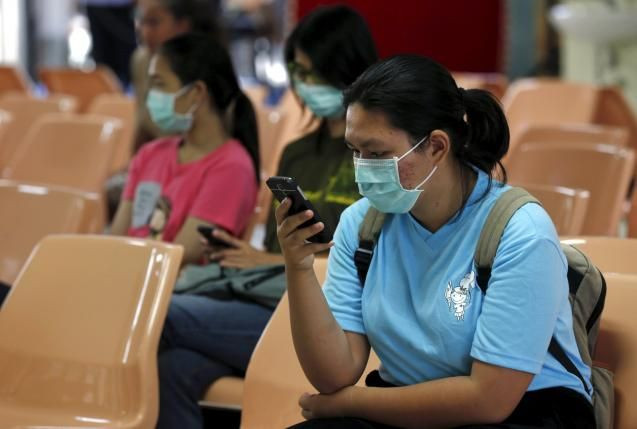Thailand Confirms Second MERS Case, Omani Man Quarantined, 37 Others Under Surveillance

Thailand confirmed the country’s second case of Middle East Respiratory Syndrome (MERS) Sunday, the Thai Public Health Minister Piyasakol Sakolsatayadorn said. Piyasakol added that the patient was a 71-year-old Omani man, and 37 others, including the man’s son, were categorized under high risk.
The man, who travelled to Bangkok on Jan. 22, was treated at a hospital in Oman for about one week for fever and cough, according to the Bangkok Post. He is currently quarantined at the southeastern Mueang Nonthaburi district’s Bamrasnaradura Infectious Diseases Institute, the report added.
"After taking a taxi to a hotel, he was checked for the virus at a hospital and the MERS virus was found," Piyasakol said, according to Reuters. "This case was found quickly, so the public should not panic," he added.
The health ministry announced that it is looking for passengers who came in contact with the patient — that includes 218 crew and passengers who are still in Thailand, one taxi driver, a hotel employee, and 30 hospital staff, Bangkok Post reported. They will be kept under surveillance for 14 days.
Thailand confirmed its first case of MERS last June — a 75-year-old businessman from Oman. He was treated for the disease and was declared free of the virus and allowed to leave the country. The virus did not spread.
The MERS virus was first identified in Saudi Arabia in 2012 and has so far claimed 400 lives. The World Health Organization recommends people to avoid contact with camels, believed to be carrying the virus. WHO also advises against drinking camel milk or eating raw camel meat. The outbreak of MERS does not have a vaccine yet.
© Copyright IBTimes 2025. All rights reserved.






















